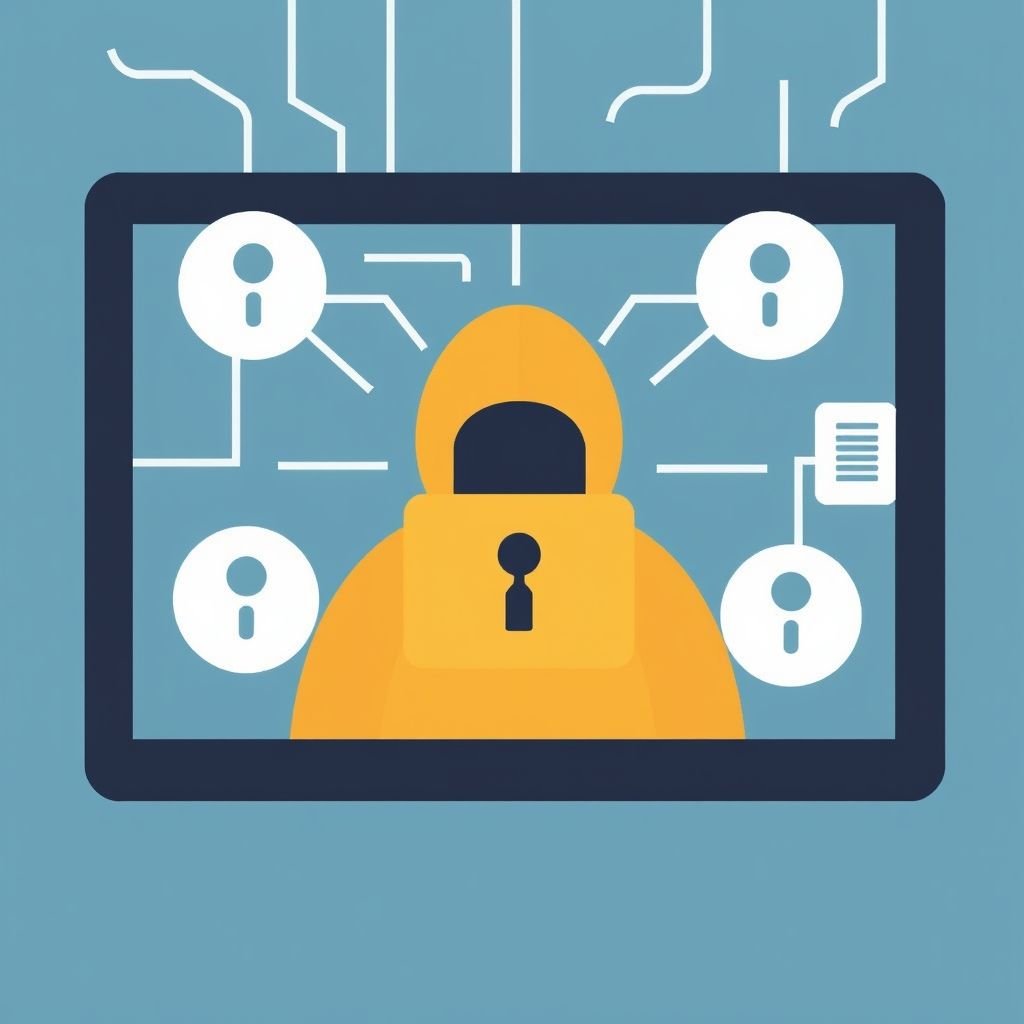
The Top Cybersecurity Mistakes Small Businesses Make
Cyberattacks are getting more sophisticated every day — but the truth is, most breaches happen because of preventable mistakes.
Small businesses often think they’re not targets. But in reality, 43% of cyberattacks target SMBs , and over 60% of those attacked go out of business within six months.
The good news? Most of these incidents can be avoided by fixing common security oversights.
Let’s take a look at the top cybersecurity mistakes small businesses make — and how you can avoid them.
1. “It Won’t Happen to Me” Mentality
Many small business owners believe they’re too small to be targeted. This is one of the most dangerous misconceptions in cybersecurity.
Cybercriminals don’t care about your size — they see small businesses as easy targets with weak defenses. Don’t wait for an attack to prove you’re wrong.
2. Skipping Employee Training
Employees are often the weakest link in your security chain. Without proper training, they may fall for phishing emails, click on malicious links, or mishandle sensitive data.
Regular cybersecurity awareness training helps staff:
- Spot phishing attempts
- Create strong passwords
- Recognize social engineering tactics
Make training part of your company culture — not an afterthought.
3. Using Weak and Reused Passwords
Over 60% of employees reuse passwords across multiple accounts. That means if one account gets hacked, others become vulnerable too.
Encourage strong, unique passwords and implement Multi-Factor Authentication (MFA) wherever possible. It’s one of the easiest and most effective ways to boost security.
4. Ignoring Software Updates
Updates often include critical security patches that fix known vulnerabilities. Yet many businesses delay or skip them.
Enable automatic updates where possible, and create a routine to ensure all systems — from operating systems to apps — stay current.
5. No Data Backup Plan
Data loss doesn’t always come from hackers. Hardware failures, accidental deletions, and natural disasters can also wipe out your data.
Set up regular backups — and test them. If disaster strikes, you’ll be glad you did.
6. Missing Clear Security Policies
Without clear policies, employees don’t know how to handle sensitive data, secure devices, or report suspicious activity.
Create and enforce policies covering:
- Password rules
- Data handling
- Remote work guidelines
- Incident reporting
Make sure everyone understands and follows them.
7. Overlooking Mobile Device Security
With more employees using smartphones and tablets for work, mobile security is more important than ever.
Implement Mobile Device Management (MDM) solutions to enforce security settings and protect company data on both corporate and personal devices.
8. Not Monitoring Network Activity
Many small businesses lack tools or expertise to detect threats in real time.
Use network monitoring tools — or consider outsourcing to a trusted provider — to spot unusual behavior early and respond quickly.
9. No Incident Response Plan
When an attack happens, panic sets in — especially if there’s no plan in place.
Create a simple but clear incident response plan . Outline who does what, how to isolate affected systems, and how to communicate with customers and stakeholders.
10. Avoiding Managed IT Services
Many small businesses try to manage everything in-house — even though cybersecurity is constantly evolving.
Managed IT services are more affordable than you might think. An experienced Managed Service Provider (MSP) can help you stay protected, save money, and focus on growing your business — not fighting fires.
Cybersecurity isn’t just for big companies. Small businesses are under constant threat — and many breaches are completely avoidable.
By fixing these common mistakes, you can significantly reduce your risk and keep your business safe.





